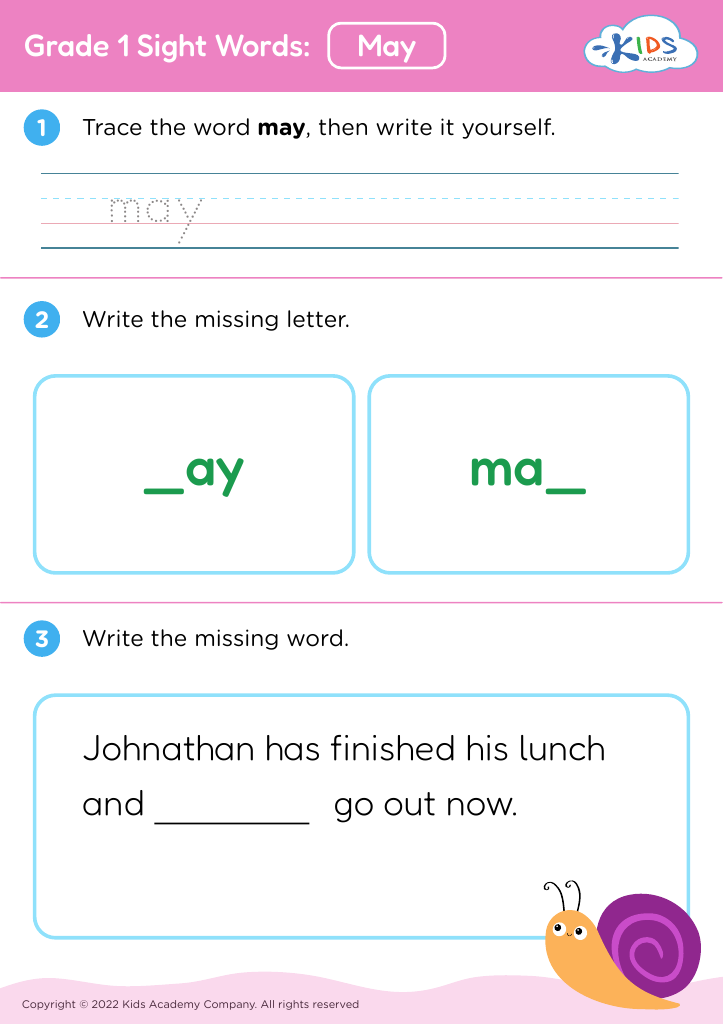Basic arithmetic practice Reading Worksheets for Ages 6-8
4 filtered results
-
From - To
Discover our engaging Basic Arithmetic Practice Reading Worksheets designed specifically for children aged 6-8. These interactive worksheets combine essential math concepts with reading skills, fostering a love for learning while building confidence in young learners. Each activity encourages students to solve simple arithmetic problems and read comprehension questions, reinforcing their understanding in a playful, accessible manner. Ideal for home or classroom use, our resources help children practice addition, subtraction, and other foundational math skills. With colorful designs and easy-to-follow instructions, shaping your child’s math proficiency has never been more fun! Explore our worksheets today and watch learning come alive!
Parents and teachers should prioritize basic arithmetic practice for children aged 6-8 for several compelling reasons. First, this foundational stage in a child's education is critical for developing essential mathematical skills. At this age, children are building the groundwork for future complex concepts. Mastering basic arithmetic not only helps in everyday situations, such as counting change or measuring ingredients, but also fosters logical thinking and problem-solving skills that are indispensable throughout life.
Moreover, engaging with arithmetic through enjoyable practices can cultivate a positive attitude towards math. This enthusiasm can translate into a willingness to tackle more challenging subjects as children grow. Additionally, early proficiency in math can improve overall academic performance, as many subjects require a strong numerical understanding.
Finally, parental involvement in practices can greatly enhance a child's learning experience. When parents and teachers collaborate, they provide consistent messaging and support, which reinforces learning. Together, they can create a nurturing environment that encourages curiosity and perseverance in children. By investing time in arithmetic practice, parents and teachers empower children to become confident learners, equipped with skills that will serve them well beyond the classroom.
























